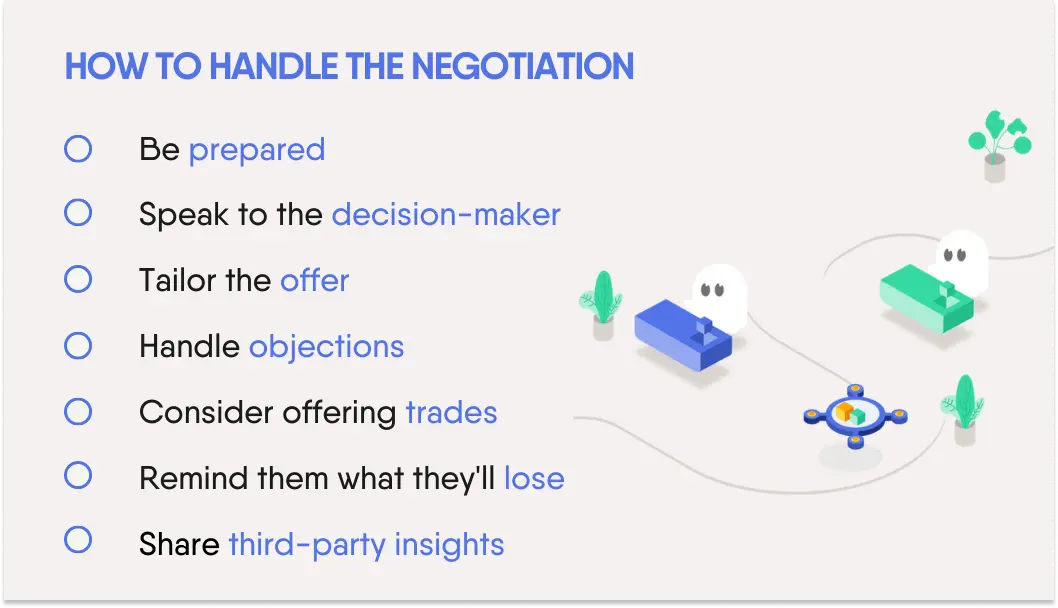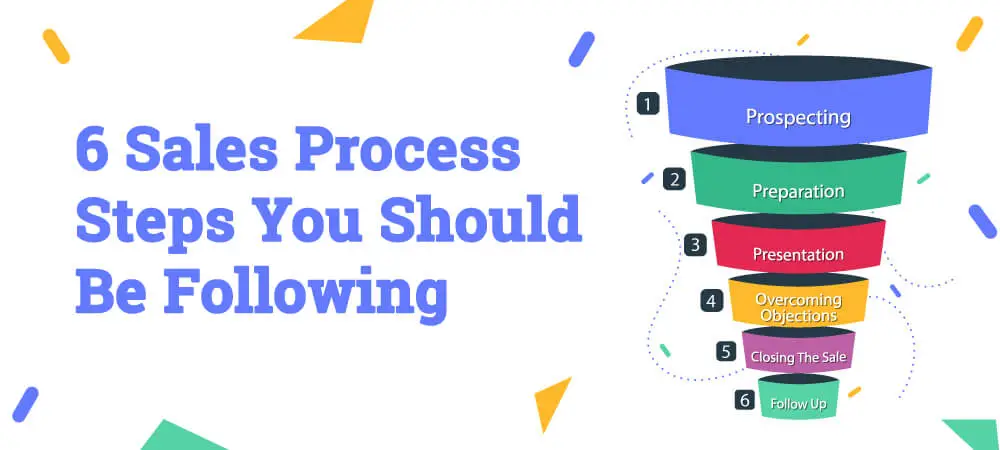How to handle negotiation in sales
How to handle negotiation in sales? Many sales professionals find themselves navigating the delicate art of negotiations daily. Successfully closing a deal often hinges on the ability to effectively engage in this crucial stage of the sales process. In this blog post, we will explore some key strategies and tips for handling negotiations in sales with confidence and finesse. By understanding the dynamics at play and mastering proven techniques, you can empower yourself to secure better outcomes and build stronger relationships with your clients. Let’s dive in and uncover the secrets to mastering the art of negotiations in sales and know How to handle negotiation in sales!
Key Takeaways:
- Prepare and research: Gather as much information as possible about the prospect, their needs, and potential objections before entering negotiations.
- Focus on value: Emphasize the unique value proposition of your product or service during the negotiation process to justify the price and build trust.
- Listen actively: Pay close attention to the prospect’s concerns and objections, and address them effectively by offering tailored solutions.
- Be patient and flexible: Negotiations can take time, so be patient and willing to make concessions while staying firm on your objectives.
- Close the deal confidently: Once an agreement is reached, summarize the terms clearly, confirm next steps, and close the deal confidently to solidify the relationship and ensure a successful outcome.
Understanding the Negotiation Process
Stages of a sales negotiation
Negotiation in sales typically involves several stages, starting with the initial contact and moving through to the proposal and final agreement. Understanding these stages is crucial for navigating the negotiation process effectively and closing deals successfully.
Preparing for a negotiation
On the road to a successful negotiation, preparation is key. Researching the prospective client, understanding their needs, and setting clear objectives are vital steps to take before entering into any negotiation. In addition, being well-prepared not only instills confidence but also puts you in a stronger position to drive the conversation towards a mutually beneficial outcome.
Understanding the dynamics of negotiation is vital for sales professionals aiming to secure deals and build lasting relationships with clients. Being thoroughly prepared, and maintaining a solution-oriented mindset, sales negotiators can increase their chances of reaching favorable agreements and satisfying both parties’ needs.
Tactics for Successful Negotiations
Building rapport and trust
Any successful negotiation begins with establishing rapport and trust with the other party. Before stepping into the details of the deal, take the time to build a relationship. Show genuine interest in the other person, listen actively, and find common ground. By creating a positive connection, you lay a strong foundation for fruitful discussions.
Effective communication strategies
Building effective communication strategies is vital in negotiations. Ensure that your message is clear, concise, and tailored to the needs and preferences of the other party. Active listening is key – ask questions, seek clarification, and pay attention to non-verbal cues. By fostering open and transparent communication, you can avoid misunderstandings and drive the conversation towards a mutually beneficial agreement.
This approach helps to establish a collaborative atmosphere where both sides feel heard and understood. This can also help you gauge the other party’s priorities and concerns, allowing you to tailor your proposals accordingly and increase the chances of reaching a successful outcome.
Handling Objections and Impasses
Identifying common objections
Not every sales negotiation will be smooth sailing. Objections from prospects are common and can arise due to various reasons. Identifying these objections early on can help you address them effectively and prevent them from becoming deal-breakers.
Techniques for overcoming obstacles
To navigate through objections and impasses in sales negotiations, it is crucial to have a toolbox of proven techniques. By employing strategies such as active listening, empathizing with the prospect, reframing objections as opportunities, and providing tailored solutions, you can overcome obstacles and move closer to a successful deal.
By probing deeper and asking the right questions, you can uncover the root cause of the objection and tailor your responses accordingly. This level of understanding not only helps in addressing objections effectively but also builds trust and rapport with the prospect, paving the way for a successful sales negotiation.
Closing Deals and Following Up
Closing Deals and Following Up
Strategies for closing the deal
Keep in mind that the final stage of a sales negotiation is crucial for sealing the deal. One effective strategy for closing the deal is to highlight the value proposition and ROI to the prospect, reiterating how your product or service can meet their needs and provide a solution to their pain points. By emphasizing the benefits and demonstrating how your offering stands out from competitors, you can encourage the prospect to make a decision in your favor.
Best practices for post-negotiation follow-up
One of the best practices for post-negotiation follow-up is to send a personalized thank-you note to the prospect for their time and consideration. This gesture shows appreciation and professionalism, reinforcing a positive relationship with the prospect. Additionally, it is important to stay in touch with the prospect by nurturing the relationship through regular communication and providing any additional information or support they may need to make a decision.
Another important aspect of post-negotiation follow-up is to set clear timelines and expectations with the prospect regarding next steps. This helps to maintain momentum and accountability in the sales process, ensuring that the prospect stays engaged and informed throughout the decision-making process.
In Conclusion
As a reminder, navigating negotiations in a sales setting requires a blend of skill, strategy, and adaptability. By honing in on crucial negotiation skills such as active listening, building relationships, and creative problem-solving, sales professionals can drive successful outcomes that benefit both parties. For a detailed guide on the necessary negotiation skills for your sales team, check out
Hey I hope you took away learning on as to “How to handle negotiation in sales” To read more visit Pulse Business. You can support us by visiting Rajdeep Chauhan







